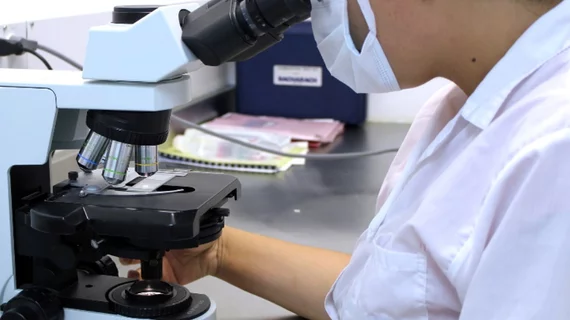Australian university hopes digital pathology method can address pathologist shortage
A team at the University of Queensland in Australia is working on a digital pathology slide technique that would speed up patient diagnosis and help address the country’s pathologist shortage, according to a university release.
“The pace that Australia can train pathologists is much slower than the nation’s reliance and increased usage of the limited pathology services,” said Arnold Wiliem, MD, a researcher at Queensland, in the release. “We want to increase capacity without extending work times."
The University’s Digital Pathology team is using computer vision, machine learning and pattern recognition methods to create a scanning and image-based computer aided diagnostic system. A similar, fully automated system for immunology tests is already being used in a pathology lab there.
Additionally, the team is creating a data management process which would allow indefinite storage of the digital slides—a theoretical treasure trove for research and education.

